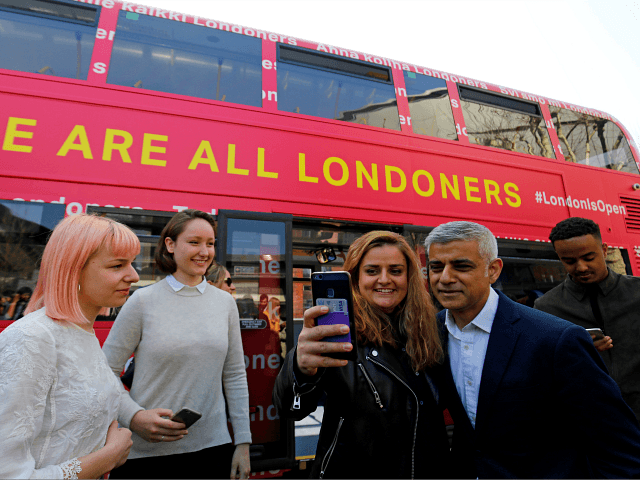A London bus driver has been sentenced for crashing one of the city’s iconic red double-deckers into a depot after smoking crack cocaine, injuring several people.
62-year-old Anderson Worrell first smashed into the rear of a car carrying a one-year-old baby, then veered off-road into West Croydon bus station — a depot covered by a wrought-iron canopy which crashed through the top deck of the vehicle and injured several passengers.
“This collision would have been terrifying for all those on the 198 bus and could have resulted in injuries that were far more serious or even fatal,” prosecutor Andrew Ramsubhag told the court.
A 15-year-old schoolgirl had her lungs punctured, liver ruptured, and an arm broken by debris crashing through the front window of the bus, while a seven-year-old boy was knocked unconscious after being stuck in the head by broken glass.
All told, 12 people were injured, including four children and a pregnant woman.
The prosecutor told the court that an expert analysis of the incident had “concluded the immediate cause of the accident was foot misplacement on the accelerator”, with witnesses having seen Worrell appearing to struggle to stay away shortly before he lost control of the massive vehicle.
The driver pleaded guilty to causing serious injury by dangerous driving, as well as two charges of drug driving, receiving a 30-month prison sentence — only half of which will be served in custody before automatic release on licence, unless there are extenuating circumstances — and a three-year driving ban, with a requirement to retake his test before he can return to the road.
“Although you were not experiencing a high from the crack cocaine which you had taken at the time of driving, it would have deprived you of sleep the night before and the after-effects the next day would include tiredness,” said judge Elizabeth Smaller.
“You were taking crack cocaine to deal with depression and illness, but that was a deliberate decision on your part, knowing that the next day members of the public essentially placed themselves in your care,” she added.
Illegal drugs are becoming increasingly prevalent in Britain’s hyper-diverse, multicultural capital, driven by the rise of so-called “county lines” dealers, Albanian gangsters, and the South American cartels which provide much of their supply.

COMMENTS
Please let us know if you're having issues with commenting.